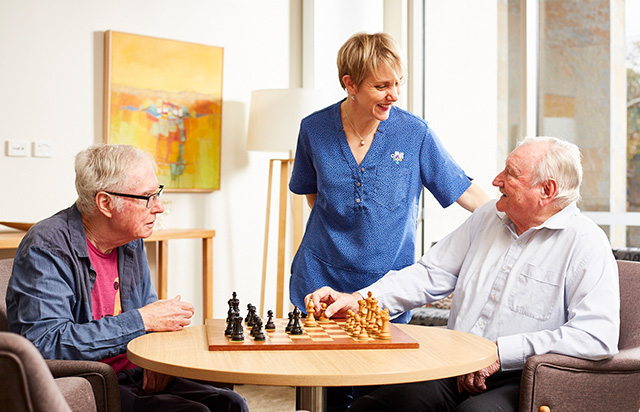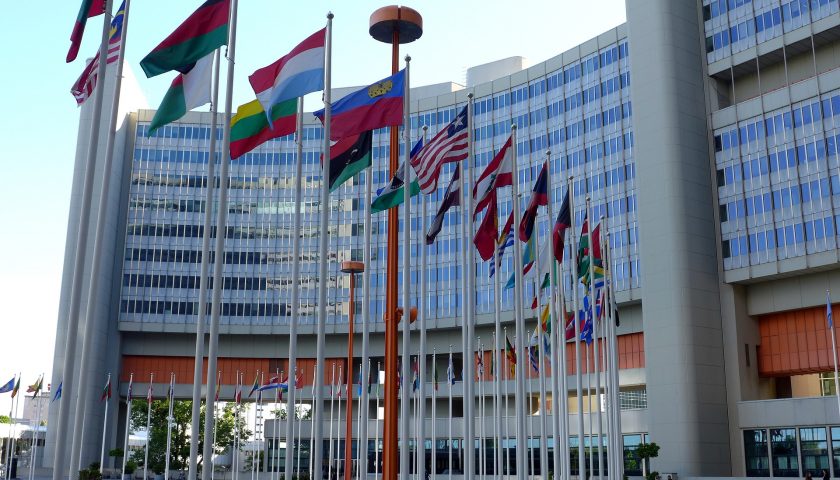
Following the successful roll out of 5G.
Korea’s Ministry of Science and ICT (“MSIT”, led by Minister Lim Hyesook) held a public-private “6G Strategy Meeting” as a follow-up of the Korea-US Summit to lead the upcoming 6G era.
At the summit both countries agreed to build a future-oriented partnership in 6G, the future’s new technology, and expand cooperation including joint research. The ministry said that all of this laid the foundation for Korea to strengthen its competitiveness on the global stage.
The global community expects that the roll-out of 6G will take place between 2028 and 2030, given a new generation of mobile communication emerges every ten years. The next-generation mobile communication technology is the key technology not only for the great digital transition but also for the growth of the future’s new industries. Thus, efforts to take lead in the advancing technology and to lead the global standards are a must to lead the global leadership.
Major countries such as the US and China have joined the race to lead the technology competition by expanding investments into the next-generation mobile technology. The US has recently strengthened cooperation in 6G technology with its allies, following the start of long-term R&D led by the DARPA (Defense Advanced Research Projects Agency). China launched an organization dedicated to 6G and Japan has launched and operated a public private “Beyond 5G Consortium” since 2020″.
At the strategy meeting, the two sides discussed how to expand interactions including joint research in 6G, continuing the achievements of May’s Korea-US Summit. Institute for Information & Communication Technology Promotion (IITP) and National Science Foundation(NSF) signed an MoU for joint research cooperation and decided to start joint research in 6G starting from 2021.
In the following meeting, the 6G research and development (R&D) Implementation Plan and measures for leading global 6G standards were discussed. The experts participating in the meeting emphasized the need for active public-private cooperation in early stages of next-generation communications technologies to secure competitiveness in the future digital society.
The 6G R&D Implementation Plan lays out detailed action plans for becoming a global leader in 6G technology:
1) Secure next-generation key original technologies
2) Gain dominance in international standards and patents
3) Lay the foundation for 6G research and industry.
Key features of the 6G R&D Implementation Plan includes:
- In order to secure next-generation key original technologies, the government will invest in technologies that the private sector is reluctant to invest at the moment. The ten key strategic technologies in six focus areas include Low Earth Orbit (LEO) satellites and ultra-precision network. A total of KRW 200 billion will be invested by 2025, and a total of KRW 17.9 billion will be invested in 2021 in 12 tasks.
- In particular, integration of satellite networks and ground networks will be promoted so that GPS-level communications become available in the 6G era for moving aerial vehicles (e.g. flying cars, drones), for maritime use and in disaster areas. To this end, comprehensive access technology for satellite and ground networks will be developed, and the Satellite Network Technology Development Strategy, which is aimed at launching 14 LEO satellites for validation and demonstration by 2031, will be implemented.
- In regards to global 6G standardisation, the achievement where the Chair of the 6G Vision Group in ITU and the 3GPP RAN1(Physical layer) Chair came from Korea has been shared. It outlines the way forward for Korea to play leading role from establishing 6G Vision which lays groundwork for standardization to take initiative in developing international standards.
In order to create strong research and industrial foundation, 6G research centers will be established and operated in three universities in 2021 and students holding master’s and doctoral degrees will be nurtured. In addition, 6G capabilities of working-level researchers will be enhanced by scaling up the joint R&D participation (OE Solutions, FRTek and others took part in 2021) by small and medium enterprises, universities and research centers in
Minister Lim Hyesook of Science and ICT said as next-generation communications network lays foundation for digital innovation, the public and private sector should work together to take challenges in leading global market in 6G era based on our experiences and knowhow in network.
“As both countries have solid foundation for collaboration thanks to Korea-U.S. Summit, we will work together in the early stage of 6G deployment based on such cooperation,” said Minister Lim. “We will continue to closely cooperate with relevant ministries, large companies and small and medium-sized enterprises to secure competitiveness in the future and further strengthen Korea’s position as a digital powerhouse.”




